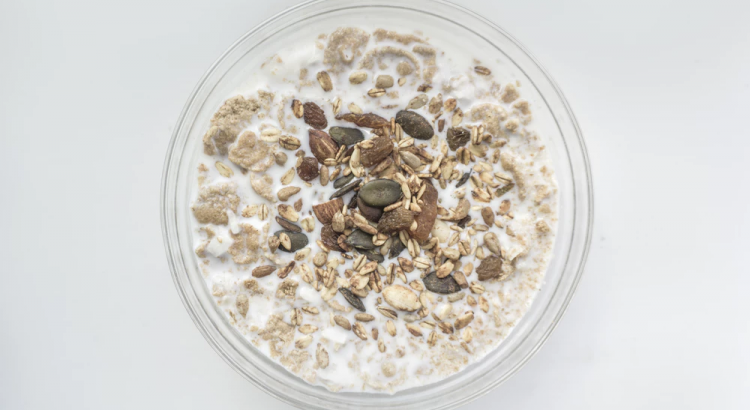A cereal intolerance causes a celiac disease – a digestive disorder that is autoimmune and allergic. It manifests in anemia, aphthous stomatitis, osteoporosis, etc. 0.5-1% of the population has the gene, which is responsible for the predisposition to the disease. You need to perform a blood allergy test to make a diagnosis.
Allergens
Cereal pollen. Pollen of a foxtail, bentgrass, a feather grass, weed, a grasshopper, fescue and other cereals can cause such a variety of allergies, like pollinosis. The flowering of cereal grasses lasts from May to early September. This type of allergens is distributed while breathing.
Cereal protein. Allergy can be caused by cereal proteins – gluten (wheat and rye), hordein (barley), avenin (oats). Malt, which is made from barley, also contains gluten. This kind of allergens is transmitted by eating.
Allergic reactions
Gastrointestinal tract. Clinical manifestations of food allergies include abdominal pain, nausea, vomiting. Sometimes diarrhea appears. There are violations of electrolyte balance, poly hypovitaminosis, exhaustion when the allergy progresses. Also, there is a possibility of an appearance of cholecystitis, dysbiosis, chronic enteritis, complicated by a syndrome of insufficiency of absorption.
Respiratory system. An allergy to cereals can be accompanied by rhinitis – edema of the nasal mucosa. There is an obstruction, discharge, itching. A bronchospasm may occur in the upper respiratory tract. Allergy to cereals occurs wheezing, shortness of breath and asthma attacks.
Leather. Dermatological manifestations of allergies include various rashes. Eczema, urticaria, contact dermatitis, itching and burning on the skin can appear. The most typical body parts for rashes – the abdomen, groin, elbows.
Prevention and treatment
An air purification in the apartment. During the active flowering of cereals, the concentration of pollen in the air rises. To prevent the occurrence of allergy, you must regularly clean the air in the apartment.
Diet. To prevent allergy, it is recommended to limit the use of confectionery and sweet dishes – sugar, sweets, jam, as well as salty and smoked products. It is not recommended to eat apples, nuts, honey, cherries, birch sap, apricots, strawberries. For children and adults, meat and soups from meat, dairy products, and milk, beans, egg dishes are allowed.
